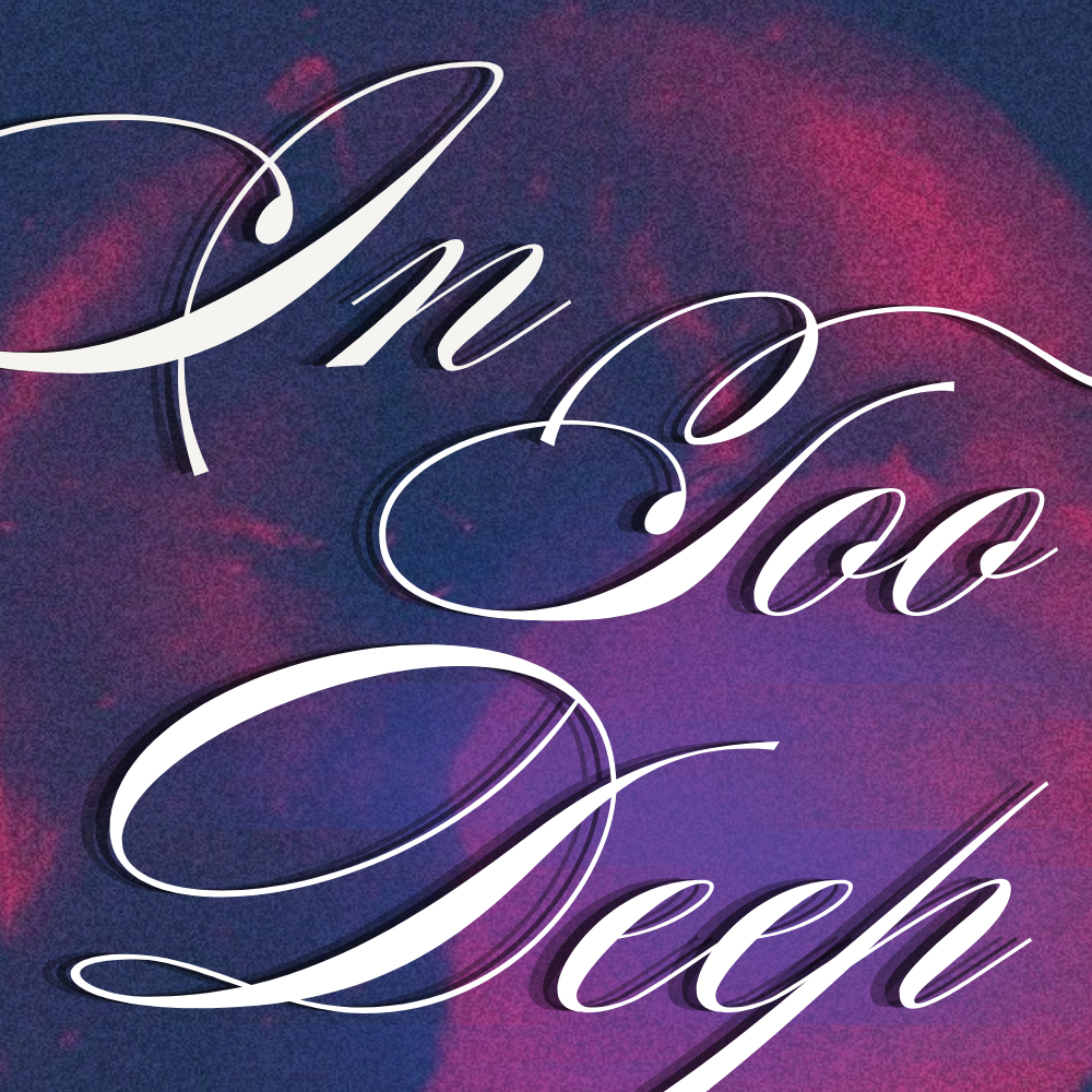In Too Deep
Podcast Description
The podcast where we go a little too deep into everything feminism - from literature and pop culture to science and society. Rad-fem leaning.
New episodes every Saturday ☆
Follow me ~
instagram.com/intoodeepod
tiktok.com/@intoodeepod
Podcast Insights
Content Themes
Explores themes of feminism through the lens of culture, literature, science, and society with episodes covering subjects like the impact of men's choices on birth defects, critiques of male-directed films about women, the harmful effects of reality TV on relationships, and feminist interpretations of Korean pop culture, providing listeners with nuanced perspectives and in-depth analysis.

The podcast where we go a little too deep into everything feminism – from literature and pop culture to science and society, all from a radical perspective.
Follow me @intoodeepod on TikTok, Instagram, & Youtube
linktr.ee/intoodeepod
In this episode I’m discussing how conservatives have turned to hijacking women’s rights in order to push a political agenda, namely that of anti-immigration. With gendered violence becoming more notable on a global scale, politicians have been pushed to include it in their campaigns, though many of these right wing political parties do not actually care about women, and rather use it as a fearmongering tactic to further racist rhetoric. Femicide particularly, is often treated without empathy and rather weaponised against migrants and asylum seekers, which only jeopardises the safety of women in this cohort further. With this in mind, I’m discussing the concept of femonationalism in both European and American contexts, touching on the ‘war on terror’ and Donald Trump in more recent years. As right wing figures position immigrants as inherently sexually violent, “homegrown” incel violence grows on their own turf, creating yet more hypocrisy in their discussions of violence against women. Basically… this is a warning to not fall for the conservatives lies!
Follow me ~
TikTok: tiktok.com/@intoodeepod
Instagram: instagram.com/intoodeepod
Links: linktr.ee/intoodeepod
Resources ~
Ben-nun S, (2025) “Israel rape crisis centers report 51,000 cases as ministries withhold key data” The Jerusalem Post
Bohn L, (2018) “‘We’re All Handcuffed in This Country.’ Why Afghanistan Is Still the Worst Place in the World to Be a Woman” TIME
Bonhomme E, (2019) “The Disturbing Rise of ‘Femonationalism’” The Nation
Bingham L, (2025) “Nationalism, Femicide, and New Masculinities: the far-right’s weaponisation of violence against women” Pivot
Dombrowski V, (2024) “Far-right feminists? The exploitation of women’s rights and what’s behind it” The Progressive Post
Farris S, (2017) “In the Name of Women's Rights: The Rise of Femonationalism” Duke University Press
Gentry CE, (2022) “Misogynistic terrorism: it has always been here” Critical Studies on Terrorism
Hinckley T, (2023) “The makings of an all-American incel” UConn The Daily Campus
Neate R, (2015) “Donald Trump doubles down on Mexico 'rapists' comments despite outrage” The Guardian
Sager M & Mulinar D, (2018) “Safety for whom? Exploring femonationalism and care-racism in Sweden” Women’s Studies International Forum
Srinivasan A, (2021) “The Right to Sex: Feminism in the Twenty-First Century” Farrar, Straus and Giroux
Staudinger A, (2021) “Moving from victim-blaming and racialisation to a diversified transnational response to gendered violence in Austria” Kohl: A Journal for Body and Gender Research
Stracqualursi V & Landers E, (2018) “Trump claims female migrants ‘are raped at levels that nobody has ever seen before” CNN
UN, (2019) “Global Study on Homicide: Gender-related killing of women and girls” United Nations Office on Drugs and Crime
UN, (2025) “More than a human can bear: Israel's systematic use of sexual, reproductive and other forms of gender-based violence since October 2023” United Nations Human Rights
Vink D et. al, (2024) “Because They Are Women in a Man’s World: A Critical Discourse Analysis of Incel Violent Extremists and the Stories They Tell” Terrorism and Political Violence
Willahan E, (2019) “All The Terrorism We Cannot See: misogyny, whiteness, and radicalisation in the digital age” Oxford Political Review
Ziolkowski L, (2020) “From Libertine to Incel: How the ”Manosphere” Fostered the Continuation of Gender Violence in Western Culture” Bucknell University
Contact me if you require access to any of the above resources.
Chapters ~
00:00 Intro & Anti-Immigration Rallies
7:30 The Femicide Pandemic
20:00 European Femonationalism
33:30 The War on Terror Did Not Liberate Women
38:00 Trump’s America
42:08 Homegrown Incel Violence
49:09 Conclusion

Disclaimer
This podcast’s information is provided for general reference and was obtained from publicly accessible sources. The Podcast Collaborative neither produces nor verifies the content, accuracy, or suitability of this podcast. Views and opinions belong solely to the podcast creators and guests.
For a complete disclaimer, please see our Full Disclaimer on the archive page. The Podcast Collaborative bears no responsibility for the podcast’s themes, language, or overall content. Listener discretion is advised. Read our Terms of Use and Privacy Policy for more details.
